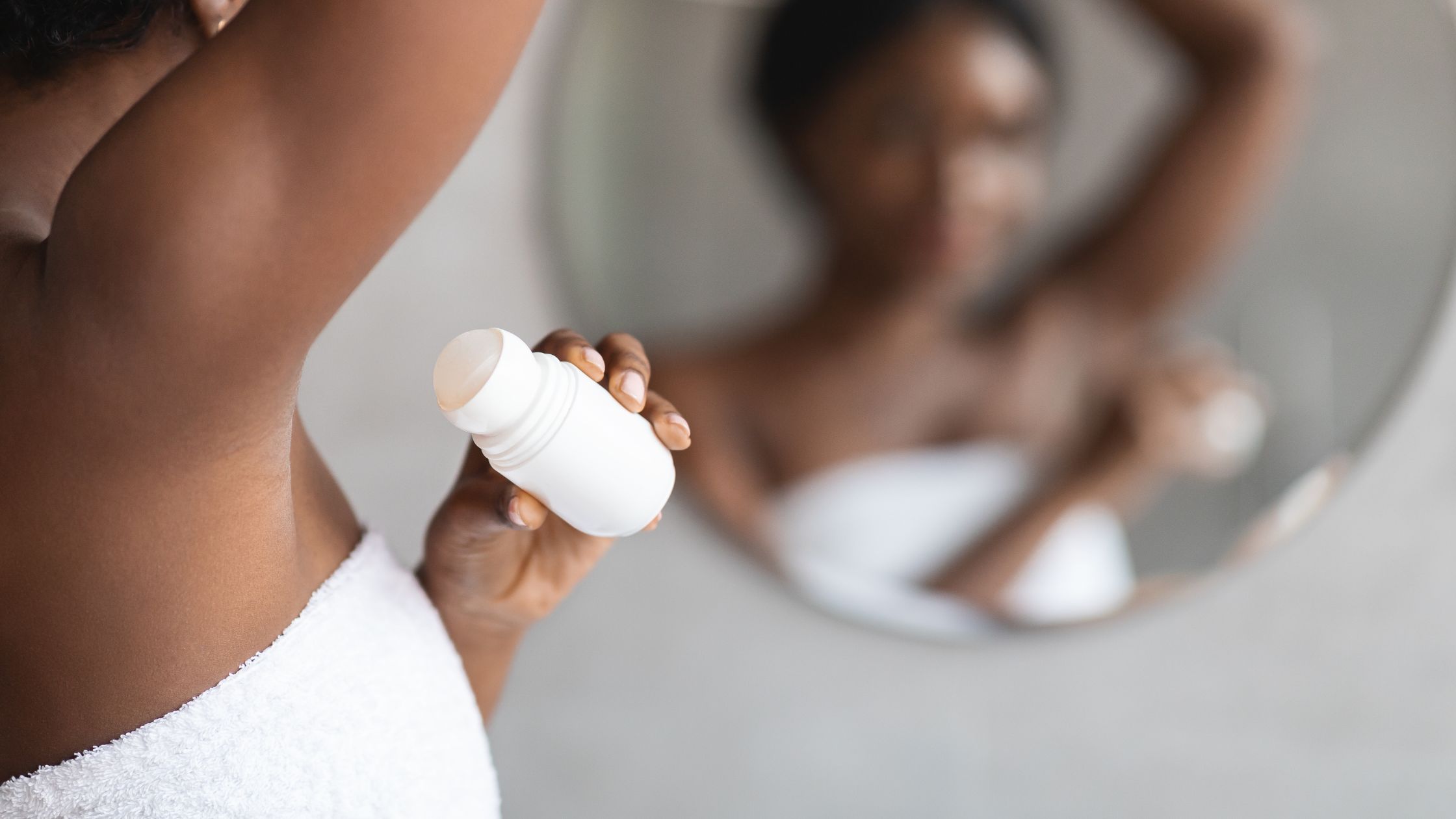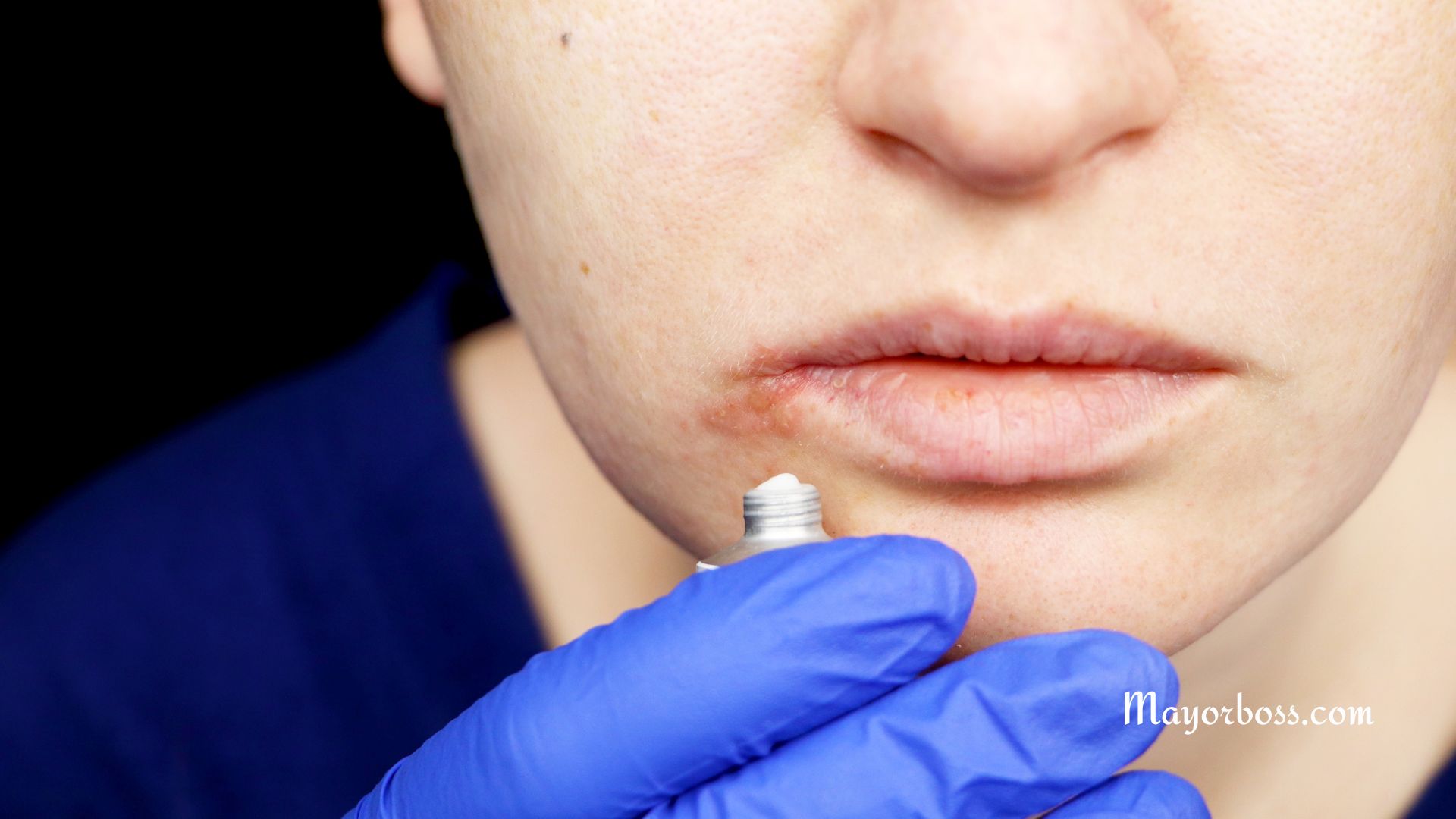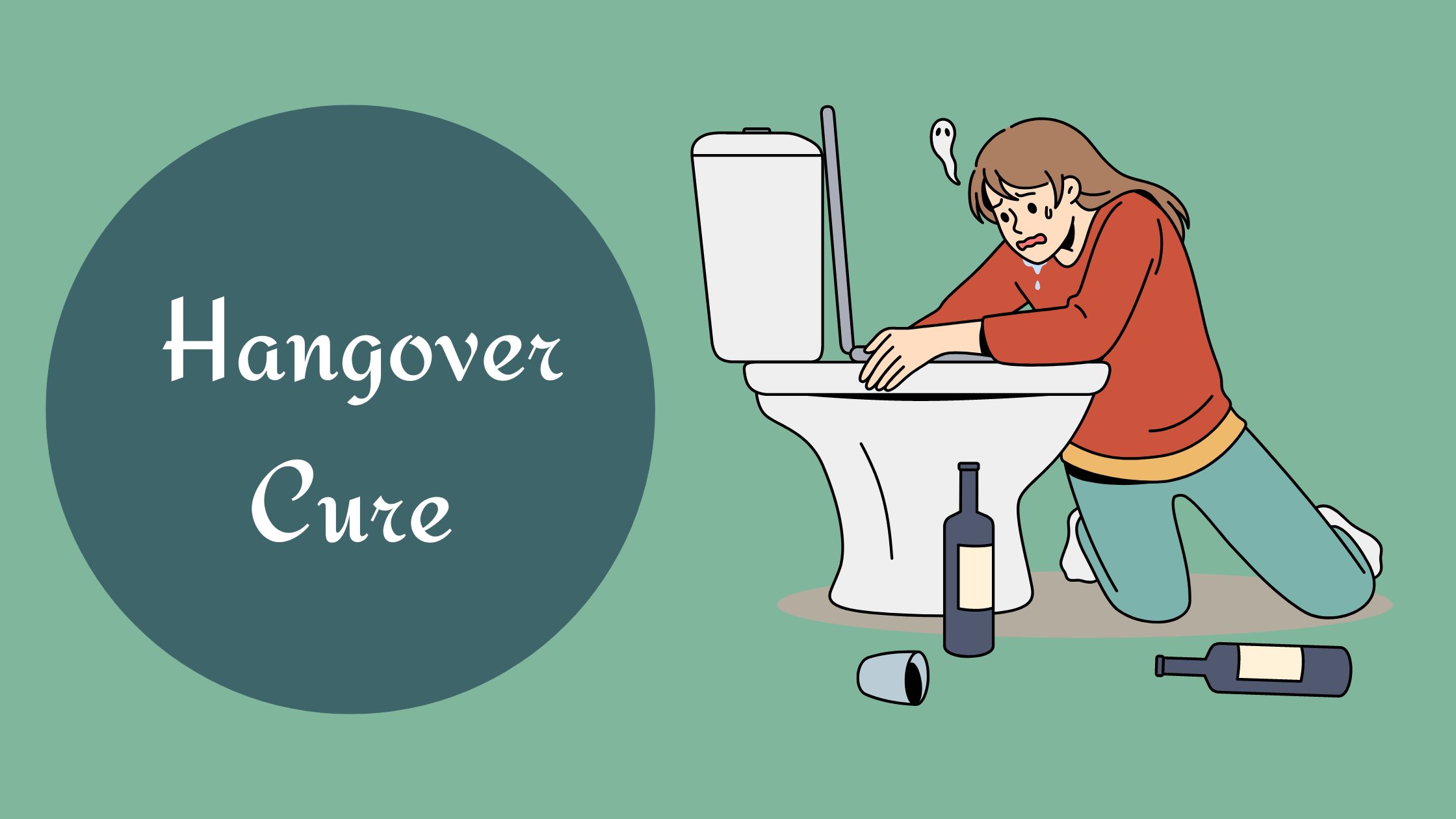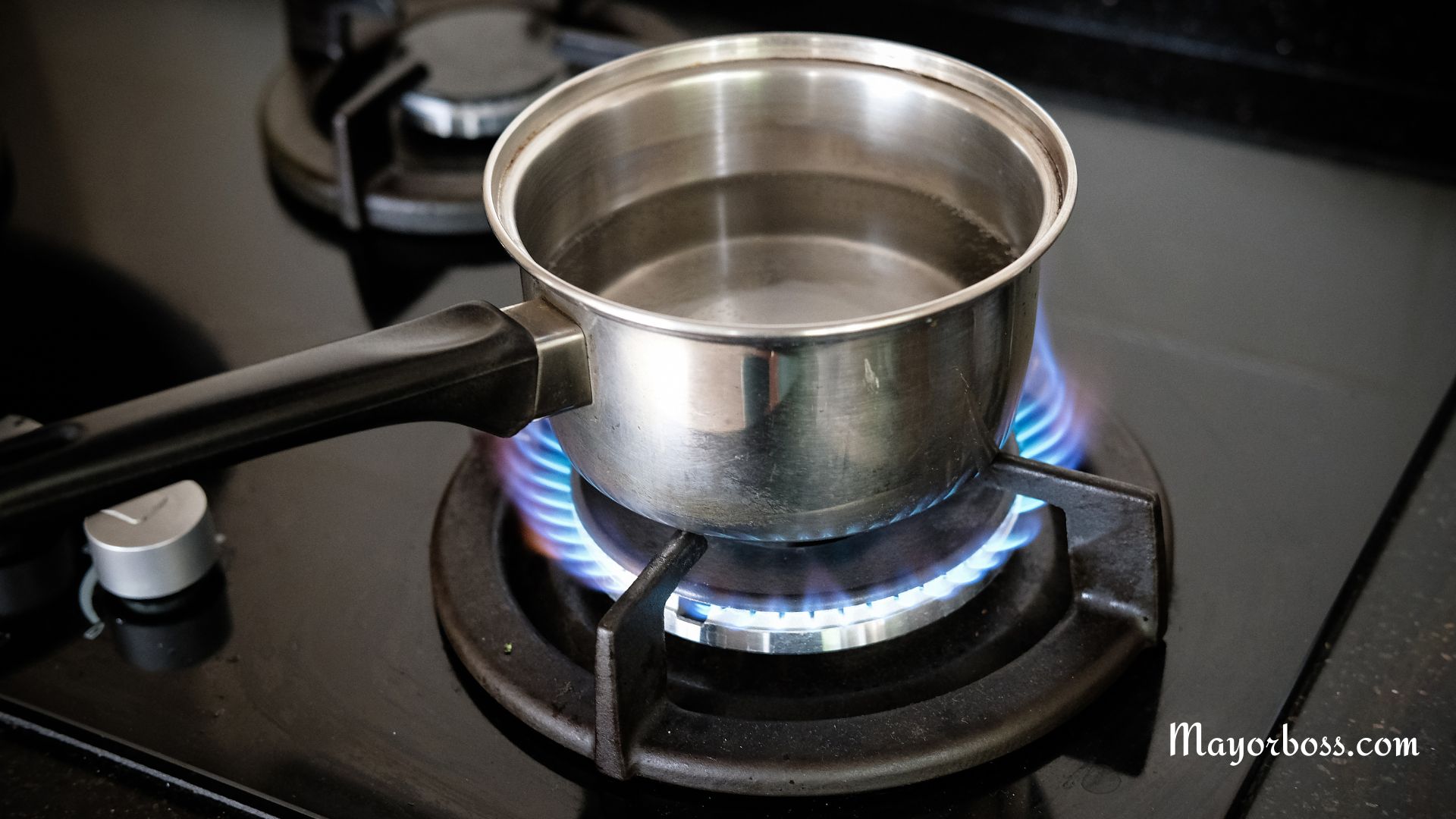How to Stop a Nosebleed at Home
Quick tip: To stop a nosebleed at home, lean forward and use your thumb and index finger to apply pressure to the bridge of your nose for 10 to 15 minutes.
Most people will experience a nosebleed at some point in their lives. Nosebleeds are usually not a cause for concern and can be easily treated at home. However, if you experience frequent or severe nosebleeds, it is important to see your doctor to rule out any underlying medical conditions. This article will provide you with some simple tips on how to stop a nosebleed at home.
Ways to stop a nosebleed fast
1. Pinch your nose shut
The quickest way to stop a nosebleed is to use your thumb and index finger to pinch your nostrils shut and breathe through your mouth for five to ten minutes. This will apply pressure to the blood vessels in your nose and give them a chance to clot.
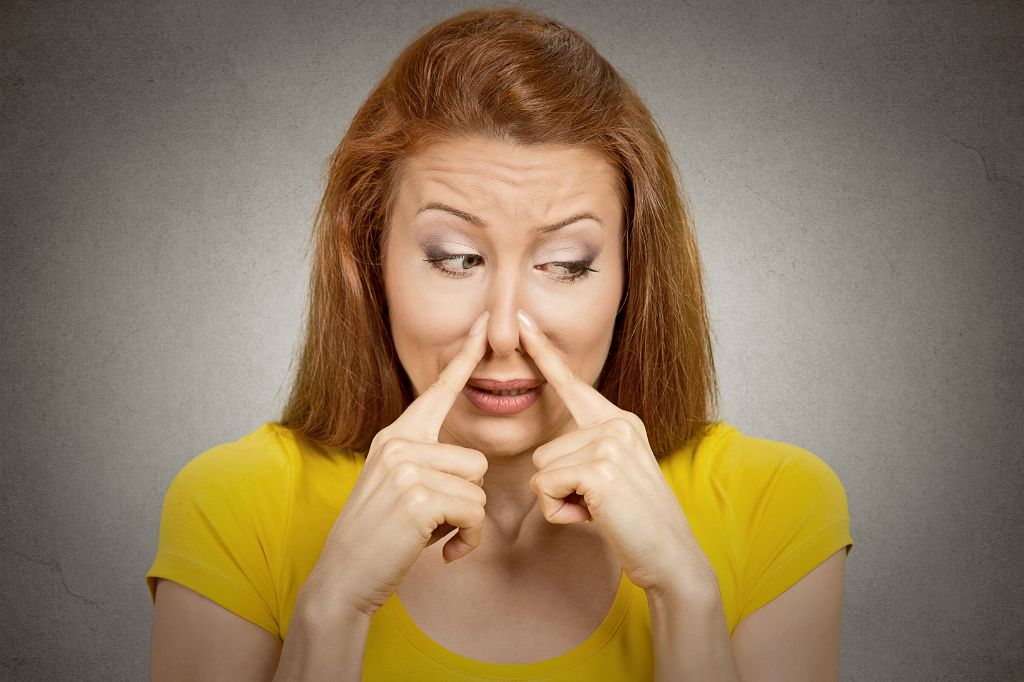
2. Sit up straight and lean forward
Once you’ve pinched your nose shut, lean forward so that you’re sitting up straight. This will help prevent the blood from flowing down your throat and will also help reduce swelling.
3. Use an ice pack
Applying an ice pack to your forehead or the bridge of your nose can help constrict the blood vessels and stop the bleeding.
4. Apply petroleum jelly
Believe it or not, petroleum jelly can also help stop a nosebleed. Apply a small amount of petroleum jelly inside your nostrils with a cotton swab to help lubricate and soothe irritated blood vessels.
5. Spray a nasal decongestant
If you have a nosebleed that won’t stop, try using an over-the-counter decongestant spray. These sprays can shrink the blood vessels and help stop the flow of blood.
6. Visit a doctor
See a doctor if the bleeding does not stop after 30 minutes of self-treatment, if you have frequent nosebleeds, or if you have other symptoms such as shortness of breath or chest pain. An ENT (ear, nose, and throat) specialist can cauterize the blood vessels in your nose to help prevent future nosebleeds.
Frequently Asked Questions
What causes nosebleeds?
There are a few different things that can cause nosebleeds, but the most common culprit is dryness. When the air is dry (like in winter), it can cause the delicate membranes in your nose to become irritated and crack. This can lead to bleeding. Nose picking and blowing your nose too hard can also contribute to nosebleeds.
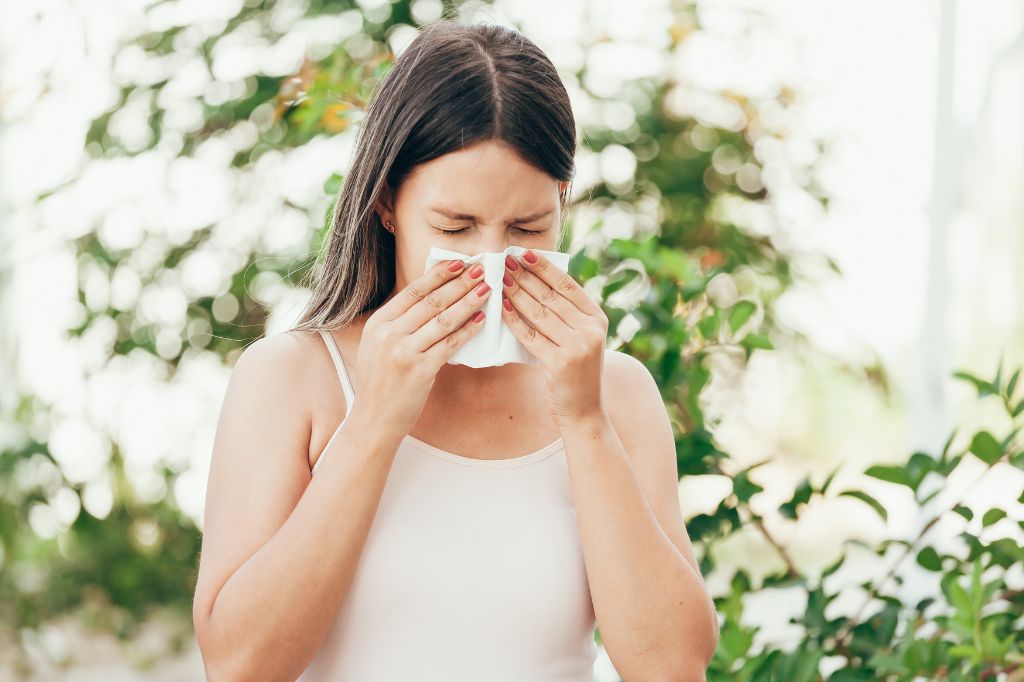
Are nosebleeds dangerous?
Generally speaking, no. Nosebleeds are usually not dangerous and will resolve on their own within a few minutes. However, if you’re experiencing frequent or heavy nosebleeds, it’s important to see a doctor as this could be a sign of a more serious underlying condition.
What should I do after my nosebleed stops?
Once the bleeding has stopped, resist the urge to blow your nose for at least 24 hours. Doing so could restart the bleeding. You should also avoid strenuous activity for 24 hours as this could also cause your nose to start bleeding again. If you must go outside, make sure to protect your nose from the cold by wearing a scarf or ski mask.
How can I prevent nosebleeds?
The best way to prevent nosebleeds is by keeping your nasal passages moist. You can do this by using a humidifier in your home and applying petroleum jelly inside your nostrils with a cotton swab. It’s also important to avoid picking your nose and blowing it too hard.
ALSO READ: How to Get Rid of Hiccups

